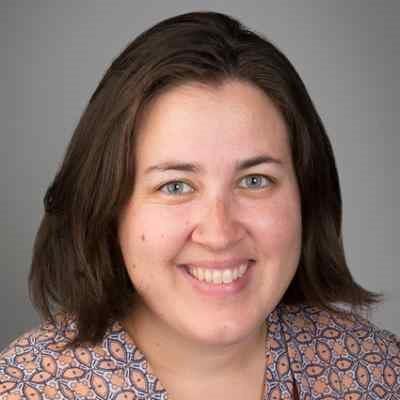The Midwest Association for Public Opinion Research Conference Committee is hard at work planning MAPOR’s 50th annual conference.
November 21-22, 2025
Embassy Suites Chicago Downtown
600 N. State Street
Call for Abstracts
Submit By September 6 (extended from August 15), 2025
The Midwest Association for Public Opinion Research’s annual conference welcomes abstract submissions on any topic related to public opinion research, communication, or survey research methodology. This year, we are accepting submissions for the following types of presentations: papers, posters, and panels of papers.
“Fifty Years of Measuring Change: Where we were, where we are, and where we’re going”
This year’s milestone conference will celebrate the role that MAPOR has served for generations of students, academics, researchers, and others in public opinion research. We will highlight the history of MAPOR and its contributors, trends in public opinion research, and changes in how we measure social and political issues over the last half century. We will also look ahead to where the field of public opinion research is going and the present-day ideas, topics, and challenges that shape public opinion research and MAPOR today and into the future.
We encourage abstract submissions on all facets of research related to public opinion, communication, survey research, and their methodologies. Topics may include but are not limited to: politics and public opinion; social media and public opinion; journalism, media, and public opinion; public opinion on social, economic, and political issues; questionnaire design; data collection issues and strategies; existing and new methods for collecting data from respondents; online panel data collection; nonresponse; total survey error; machine learning, artificial intelligence, big data, and data science; location and geographic information; challenges facing the field due to technological and societal shifts; the ethical use of public opinion and survey data; qualitative and mixed-method research techniques; cross-cultural research; hard-to-reach and historically underrepresented populations; and data quality issues. For this special anniversary, we also encourage submissions related to the history of MAPOR and the field of public opinion research.
Submissions: Abstracts of 300 words or fewer can be submitted here. In addition to a title and abstract, you will be asked to provide the name, institutional affiliation, and email address for all authors. The same author’s name may appear as first author on a maximum of two submissions. To allow for blind review, please remove all personally identifying information from the abstract’s text before submission.
Note to student authors: If the lead author is a student who will be enrolled in an undergraduate or graduate program at the time of the conference, you may submit your paper to the MAPOR Fellows Student Paper Competition (see additional information on the MAPOR Fellows Student Paper Competition, available at www.mapor.org). When submitting a student paper to the competition, the student submitter will be asked to provide the name and e-mail address of a faculty mentor, who will need to endorse the paper when it is submitted. The student paper competition team committee will reach out after the abstract submission window has closed. If you have questions, reach out to president@mapor.org.
Panel Proposals: A panel is a session that focuses on a common theme and includes 4 or 5 participants. A panel proposal requires a description of 300 words or fewer discussing the issues to be addressed and their importance. Also, submissions should list the potential panelists, their institutional affiliations, email addresses, and tentative titles of presentations. Panels related to the conference theme are especially encouraged.
Submission Information: All abstracts must be posted no later than 11:59pm CDT on Friday September 6, 2025 (extended from August 15). Accepted papers sharing a theme will be scheduled during a paper session. Papers with more individualized topics will be scheduled during a poster session. MAPOR considers both types of presentation equally valuable. All submitters will be notified via e-mail by September 6th of their abstract’s acceptance status. For questions or problems with the submission process, please contact the 2025 MAPOR conference chair, Beth Fisher at: abstracts@mapor.org.
Travel Grants: The MAPOR Council will be offering two types of support grants for the Annual Conference: the MAPOR Student Support Grant and the MAPOR Colleague Grant. More details on these awards can be found here: https://www.mapor.org/support-grants/.

